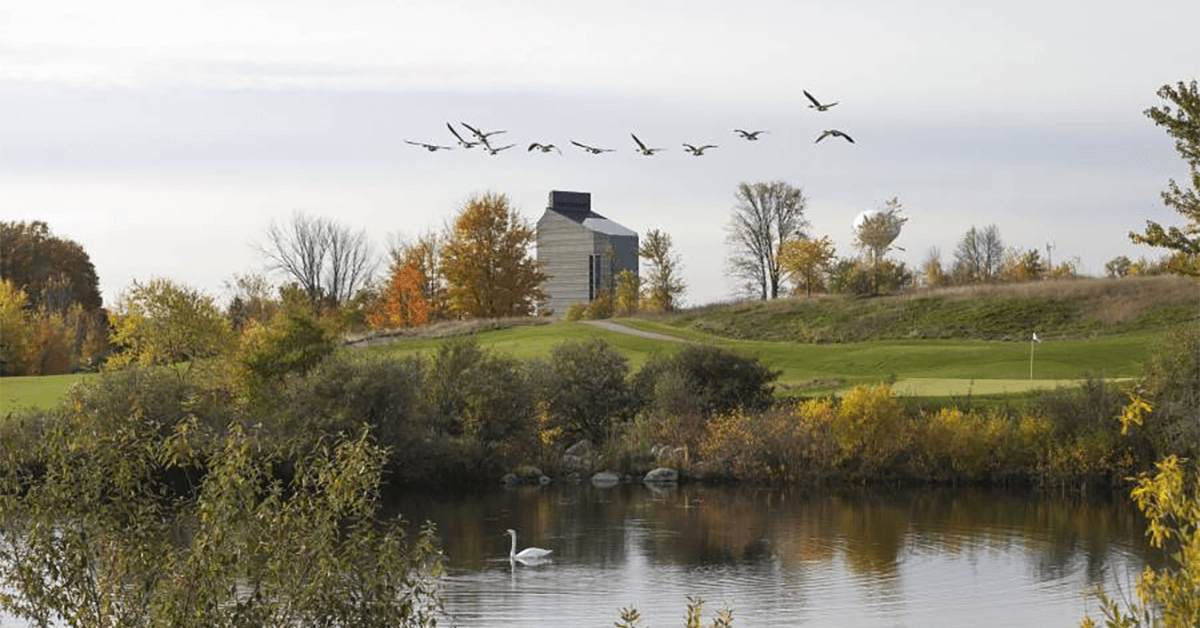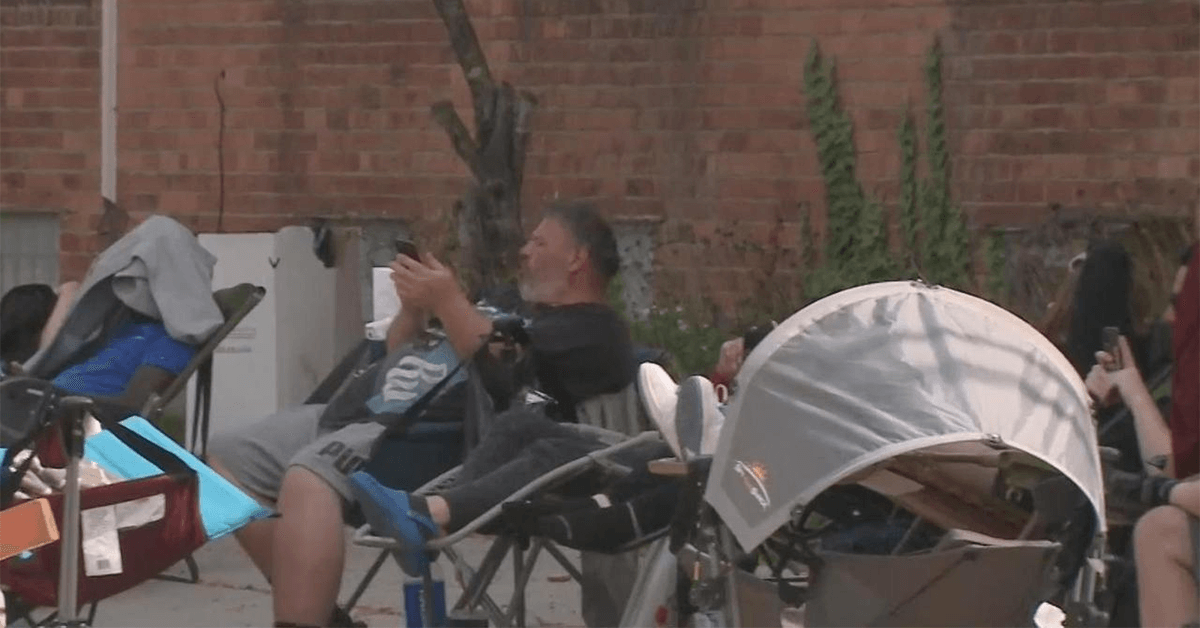Acme Township Rejects Cannabis Facility's Bid for Non-Medical License

Acme Township's cannabis regulations are unlikely to change, despite a recent appeal from the township's sole licensed grow facility. Trustees reaffirmed their stance against expanding cannabis operations during a meeting on Tuesday, following a request from Omeena Farms to secure a non-medical license in addition to its existing medical cannabis cultivation permit.
Brandon Cohen, Managing Member of Omeena Farms, addressed the board and explained that acquiring a non-medical license would provide more flexibility and financial stability for the Bates Road facility. Currently, the farm cultivates 3,000 plants under its two medical licenses and sells its output to another grower downstate that holds both medical and non-medical licenses. Gaining a non-medical license would enable Omeena Farms to directly sell into Michigan's recreational cannabis market.
Cohen added that securing a non-medical license is vital for the business's viability until federal cannabis reform, which could result in a reclassification of cannabis from its current Schedule I status to Schedule III. Such a move would likely impose increased regulation on medical cannabis, making it more valuable in the long term.
"We are trying to float and get by until medical marijuana comes back into what we believe it will be, which is regulated by the FDA," Cohen said.
However, Supervisor Doug White and other trustees reiterated their opposition to allowing recreational cannabis businesses in Acme Township. Multiple residents also voiced their concerns during public comments, noting existing complaints related to odor and outdoor lighting issues at the Omeena Farms facility.
Public and Industry Reactions
The township's rejection drew criticism from some industry experts, including Don Bailey, a retired Michigan State Police trooper and former member of the state's now-defunct medical marijuana licensing board. Bailey argued that the downturn in Michigan's medical cannabis market was predictable, citing the rapid decline in patient numbers from 330,000 to 90,000 since the state legalized recreational use in 2018.
"Nobody should be able to say that they didn't see this coming," Bailey said.
Cohen countered that while he anticipated a shrinking market, the decline in medical cannabis sales in Michigan has been more severe than expected. He had projected the state's medical market would stabilize at around 3% of the size of the recreational market, a figure that aligns with trends seen in other states, but Michigan's contraction has outpaced this estimate.
Ongoing Concerns Over Facility Compliance
Township Planner Lindsey Wolf noted that her department received 14 complaints related to odors at Omeena Farms since February. Cohen acknowledged that more could be done to address the issues and reported that the facility recently invested $12,000 in improved filtration systems. He argued that expanding into non-medical cannabis would provide the necessary funds to further enhance operations and minimize community concerns.
Despite these assurances, trustees remained firm on their position. The board's decision leaves Omeena Farms constrained under its current licensing structure, limiting its ability to access the state's larger recreational market.
Share this article:
Spotted a typo, grammatical error, or a factual inaccuracy? Let us know - we're committed to correcting errors swiftly and accurately!








 Helpful Links
Helpful Links